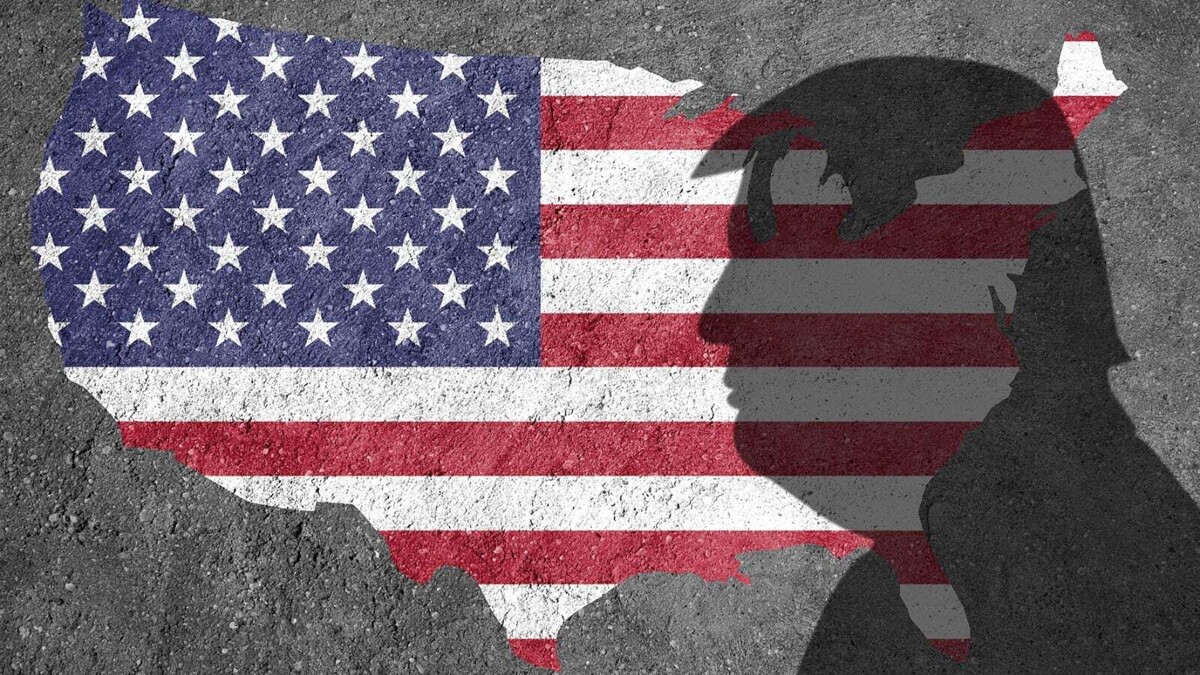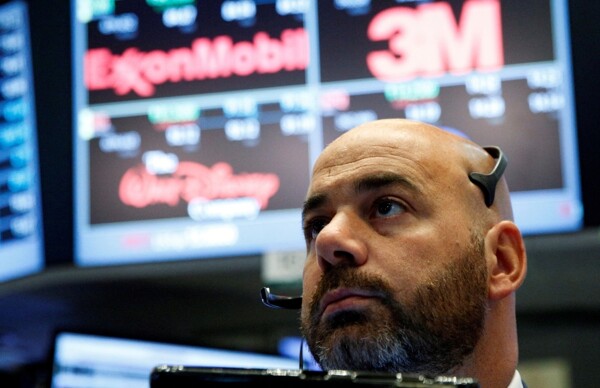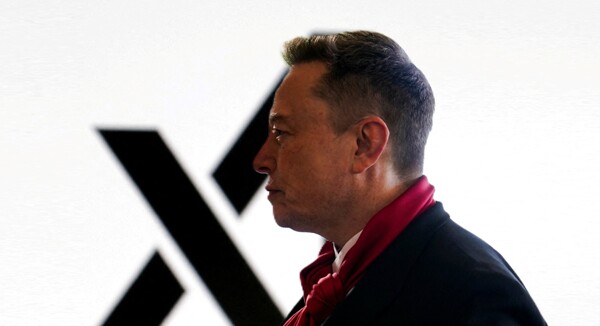
The index was heading towards its biggest daily loss since November 2023. All currencies of the Group of Ten gained, and the thin liquidity due to a holiday in the United States exacerbated market movements. The euro rose 1.5 percent to 1.0430 dollars, the largest intraday increase since November 2023. The Canadian dollar, seen as highly exposed due to Trump's threats of imposing tariffs on Canada, also rose by the same amount. The currencies of New Zealand and Australia, often considered indicators of risk sentiment, also showed appreciation.
"Markets are breathing a sigh of relief because Trump will not start his presidency with aggressive tariffs that could shake them up again," noted Valentin Marinov, head of G-10 foreign exchange strategy at Credit Agricole CIB.
The dollar fell sharply on Monday, January 20, the day of Donald Trump's inauguration, following a report indicating that the U.S. president will refrain from imposing aggressive tariffs against Mexico and Canada after his investiture. The dollar index (DXY) dropped 1.03 percent, settling at 108.22 units. The Wall Street Journal reported that Trump will not implement new tariffs on his first day in office.
The movements come after speculative currency traders pushed bullish bets on dollars to the highest levels since 2019, according to the latest data from the Commodity Futures Trading Commission.
While betting on a stronger dollar has become one of the market's favorite trades following Trump's electoral victory, Monday's movement underscores the risk of large market swings should such positions be unwound.
"The dollar is the most vulnerable asset in the days and weeks following Trump's inauguration compared to previous inaugurations," noted Simon White, macro strategist. "The vulnerability of the dollar is exacerbated by extended long positions," added Jane Foley, G10 currency strategy director at Rabobank.
Any confirmation that Donald Trump will delay or no longer pursue his plan to impose tariffs could push the euro back to trading at 1.05 dollars. The U.S. currency had been declining since Asian trading hours, after a call between Trump and Chinese President Xi Jinping alleviated nerves over trade tensions between the two nations.
Bloomberg News reported on Monday, January 20, that Trump will not reveal the specific tariffs for China on his first day in office, citing people familiar with the plans. The yuan rose 1.1 percent. Strategists expected the currency to suffer significantly if Trump imposes the 60% tariffs he has threatened against China, the world's second-largest economy.
"Markets seem to have high expectations for policy announcements this week. The risk is that President Trump does not fulfill his big promises, which would provide more relief to the markets," said Carol Kong, strategist at the Commonwealth Bank of Australia.















